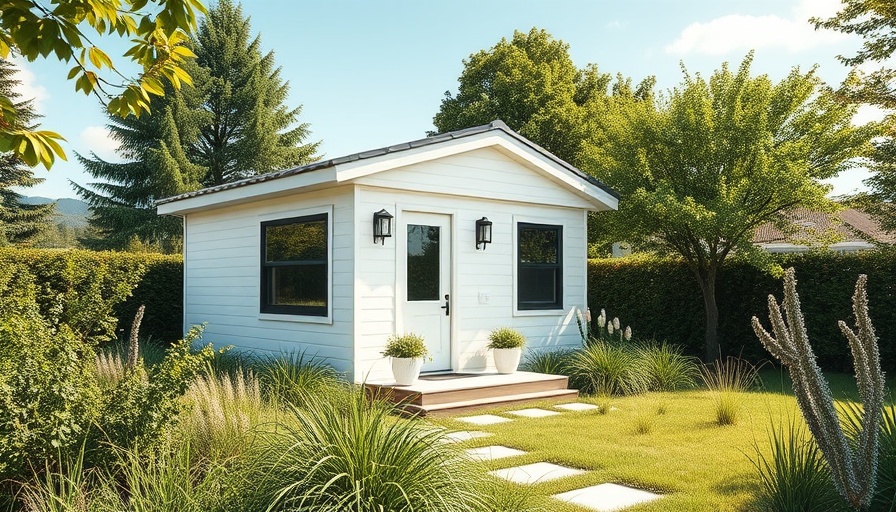
A Struggle for Freedom: ICE Detainees in Omaha Fight Against Unconstitutional Detention
The recent release of three women from ICE custody in Omaha highlights a significant battle surrounding immigration detention practices that resonate with Omaha families and community members. The women were released after a federal judge ruled that the automatic stay provision, which kept them detained, is unconstitutional. This theory, rooted in a broader conversation about immigration reform and community stability, directly impacts homeowners, renters, and families in the Omaha area.
Mandatory Detention: A New Interpretation of Law Affecting Omaha Residents
According to a decision from the Board of Immigration Appeals, many undocumented immigrants can now be subject to mandatory detention without a bond hearing, regardless of how long they’ve lived in the U.S. This interpretation marks a departure from established understanding of immigration laws and impacts many within the Omaha community, particularly those categorized under Section 235 of the Immigration and Nationality Act.
Legal Precedent vs. Community Ties: A Divergence of Opinions
The legal tension arises from a long-standing belief that Section 236 applies to undocumented immigrants already residing in the U.S., allowing them the right to a bond hearing. Advocates argue that this new interpretation disregards decades of legal precedent. For Omaha families, this means that community ties could be overlooked in favor of legal technicalities, casting a shadow over the fabric of the local community.
A Community Divided: The Emotional Impact on Families
The emotional toll on families affected by ICE raids is profound. Every immigration raid has a ripple effect throughout the neighborhood, impacting fellow homeowners and renters. As families brace themselves for the possibility of a loved one being detained, the emotional ramifications are felt across the demographic spectrum from young families to first-time homebuyers in Omaha.
Your Role in the Community Conversation
For residents, particularly homeowners and renters, staying informed about these changes is critical. Engaging in community discussions, understanding your rights, and supporting local immigrant advocacy groups can help create a safer community dynamic. Being informed allows Omaha families to make more educated decisions regarding their living environment and activism in a rapidly changing legal landscape.
Conclusion: Making a Change in Omaha
As these legal battles continue, it’s crucial for community members to remain vigilant and proactive. Advocate for policies that support your neighbors and foster a resilient community where all members feel secure. Let’s work together to build an Omaha that welcomes varied lifestyles, from tech-savvy families to eco-conscious homeowners, ensuring that everyone can thrive without fear.
 Add Row
Add Row  Add
Add 




Write A Comment